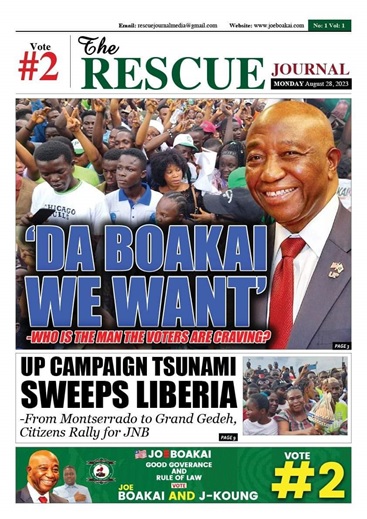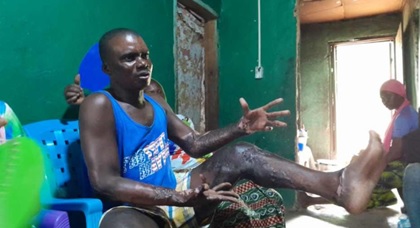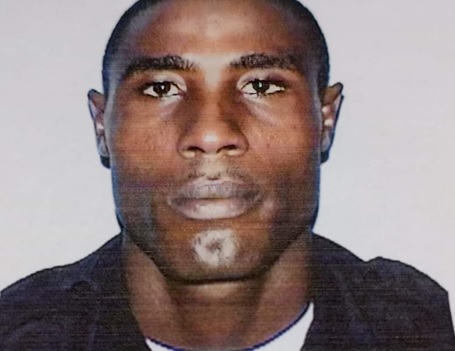MONROVIA – A well-known Liberian journalist has publicly voiced his disenchantment with the ruling Unity Party. Paul Kanneh, along with other journalists, was instrumental in promoting Joseph Boakai during the 2023 presidential election. However, since the party’s rise to power, Kanneh feels that his efforts and those of his colleagues have been overlooked.
In a candid Facebook post today, Kanneh expressed his frustrations, stating, “Unfortunately, the grateful political party is incompetent. So everyone saw them as a threat in favor of a competent but ungrateful party. Imagine they couldn’t even do a post-election appreciation statement for the many sacrifices done by external individuals/actors.”
Kanneh’s criticism highlights a perceived lack of acknowledgment from the Unity Party towards those who supported their campaign. He questioned why the party failed to recognize the contributions of individuals who played a crucial role in their electoral success. “Perhaps, those who produced the Rescue Journal during the campaign are all foreigners with no trace to their identities. They don’t have phone contacts or emails to reach out to them. In fact, they don’t have blood running through their veins like members of the Rescue Mission,” Kanneh wrote.

Despite his disillusionment, Kanneh clarified that his comments were not a plea for government positions on behalf of his colleagues. “Disclaimer: this is not a campaign for a job on behalf of the Rescue Journal team. None of them have expressed interest to me in becoming a member of the government. I am only doing a reminder; for, a true human nature is centered around gratefulness,” he explained.
Kanneh reaffirmed his commitment to the principles he supported during the election, identifying himself as a “Boakainist” and a believer in the Boakainist theory of public life. However, he made it clear that he does not admire what he perceives as an ungrateful leadership.
This public criticism from a prominent supporter reflects growing discontent among some of those who helped the Unity Party ascend to power. It raises questions about the party’s internal dynamics and its ability to maintain the support of key influencers and grassroots activists.
The Unity Party, led by President Joseph Boakai, has yet to respond to Kanneh’s remarks. The party’s approach to governance and its treatment of campaign allies will likely come under increased scrutiny in the wake of this criticism. As Liberia moves forward under the current administration, the ability to foster loyalty and acknowledge contributions from all supporters will be crucial for maintaining a united front.
Kanneh’s post serves as a reminder of the importance of gratitude and recognition in politics, especially from those who championed the cause. Whether the Unity Party will take heed of these concerns and address them remains to be seen. For now, the voices of dissatisfaction continue to echo, calling for a leadership that values and acknowledges every effort made in their favor.







